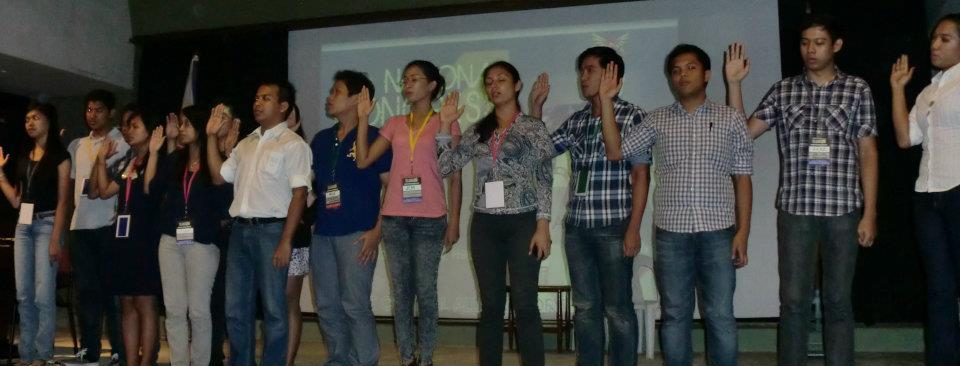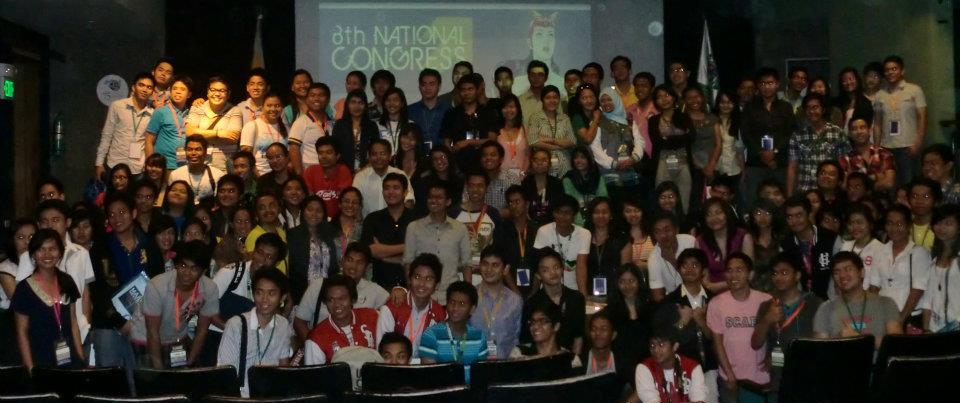Text and photos by Bryan Sotto, Social NetWorth blogger
The 8th National Congress of the Student Council Alliance of the Philippines (SCAP) was held in Cebu. Cebu is home to one of SCAP’s strongest chapters, and which is a key to its good project implementation. The Congress ran for three days, from June 1 to 3. It was hosted by the University of Cebu-METC and University of San Jose Recolletos, under the leadership of Gio Tingson, SCAP Chairperson, and Gibby Gorres, SCAP Secretary General. The theme of the Congress was “Those who do not move, do not notice their chains”. The Congress was attended by various student council representatives from different political regions: NCR, Luzon, Visayas and Mindanao.
SCAP’s aim is to develop student leader affiliations and integrate their leadership skills to further enhance their capability to be more responsive in catering the needs of their constituents. It also empowers young student leaders to be pro-active citizens and to contribute to the development of our nation. They promote awareness and fairness towards different individuals, in order to have equality, solidarity and harmony. The Congress had 170 participants who represented their schools and presented their resolutions and amendments to the congress.
Akbayan Partylist Representative Risa Hontiveros talked about democratizing campuses. She discussed the rights and welfare of students as provided by the administration and the student council as well. In particular she talked about the Student Rights And Welfare (STRAW) Bill, showing that students have the power to declare their protest against any perverse and unsatisfactory approaches. She encouraged the students to speak up for their rights, to fight abuse and to have their freedom as well.

SCAP NEB oath-taking ceremony
Also at the Congress, SCAP had elected a new set of officers to pursue building up advocacies of SCAP Philippines. Jana Cabuhat was elected as the new presiding Chairperson. Ernest Calayag was elected the new Secretary General of SCAP. Both of them were chosen by acclamation of the body. They will be administering the issues, concerns, resolutions and amendments that will be made in the next few years.

Participants of SCAP's 8th National Congress, held in Cebu from June 1 to 3
Leaders of today’s generation show the way towards shaping the future for the development of the next generation, promoting the values of equality and upholding the virtues of understanding towards issues evidently occurring in the society. Young leaders are given great power to think of solutions to impact change for our country.